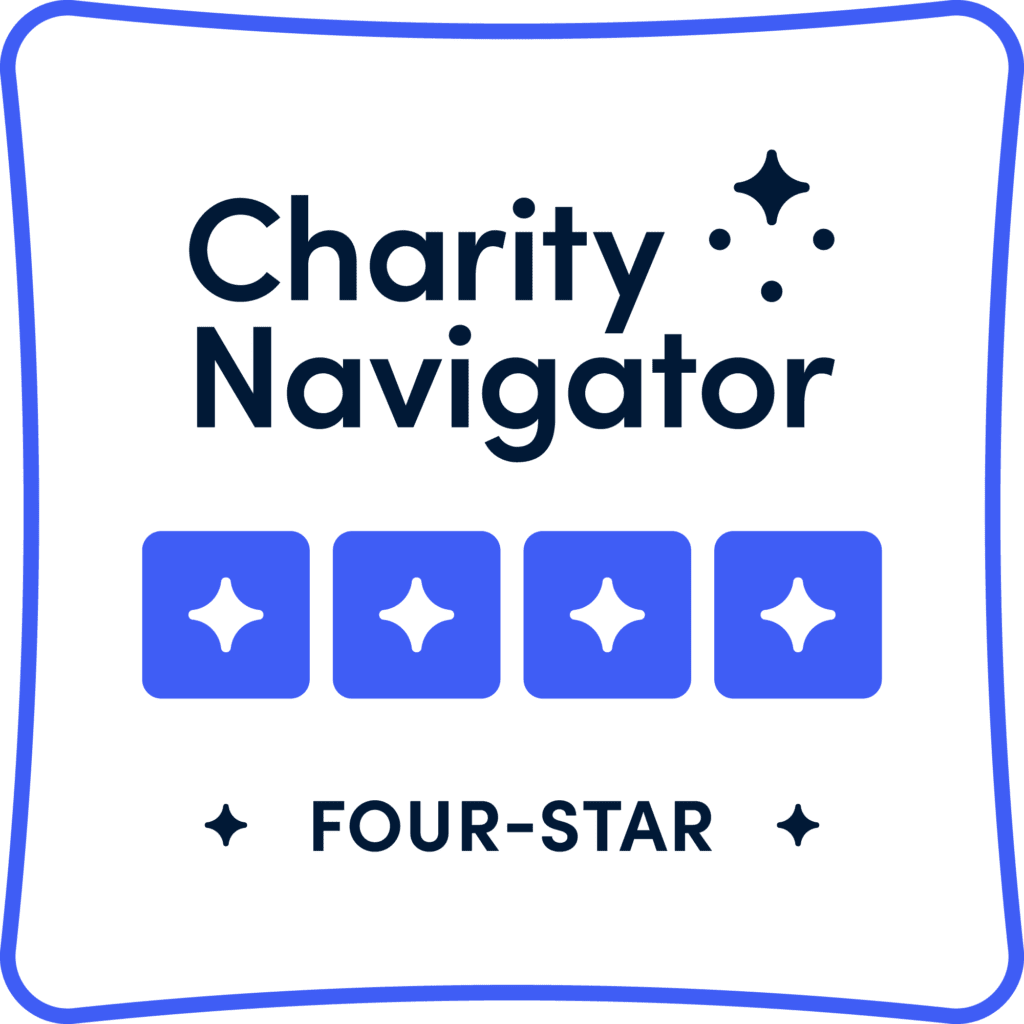The VIITAL™ study is a pivotal Phase 3 clinical trial evaluating Abeona’s EB-101 cell therapy for RDEB. Approximately ~35 large, chronic wound sites will be treated in total throughout the study, with investigators comparing treated with untreated wound sites on the same patient. Up to 15 patients will be enrolled in the study, which is being conducted at Stanford University and the University of Massachusetts Medical School.
The study's co-primary endpoints are:
- Proportion of chronic wounds with healing ³ 50% from baseline in treated vs untreated wounds at Week 24
- Pain reduction at dressing changes assessed by mean differences in scores of Wong-Baker FACES scale between treated and untreated wounds at Week 24
The primary endpoint is the proportion of wounds with at least 50% healing at three months. Investigators will measure wound healing at various other times. Patients will report on secondary endpoints, including changes in pain and its impact on daily living, pain during dressing changes, and physical function.
EB-101 treatment involves a biopsy of healthy skin, followed by gene transfer to deliver Type VII collagen genes into a patient’s own skin cells (keratinocytes). Up to six sheets, each approximately the size of a playing card , are transplanted back to the patient to enable normal Type VII collagen expression and facilitate wound healing.
Eligible RDEB patients must be at least 6 years of age; have Type VII collagen protein in their skin and two RDEB genetic mutations. These sheets will be applied to large wounds that have been present for 6 months or longer.
Study participation is free and includes treatment at medical centers recognized for world-leading care of EB. Reasonable costs of travel and meals will also be reimbursed.
More information about the study can be found at Abeona Therapeutics.com. You may contact Abeona at EB@abeonatherapeutics.com or contact the study sites directly:
Stanford University:
Irene Bailey
Baileyhi@stanford.edu
University of Massachusetts Medical School
Dr. Karen Wiss
DermResearch@umassmed.edu
- Diagnosis of RDEB
- Age 6 years or older
- Positive expression of type VII collagen protein in the skin
- Two RDEB Type VII collagen mutations
- ≥40 cm2 of chronically wounded areas on the trunk and/or extremities deemed suitable by the investigator for EB-101 treatment
- ≥2 matched eligible wound sites ≥20 cm2; present for ≥6 months, and stage 2 wound
- For a complete list of inclusion and exclusion criteria, click here.
Read the EB-101 Program Fact Sheet



